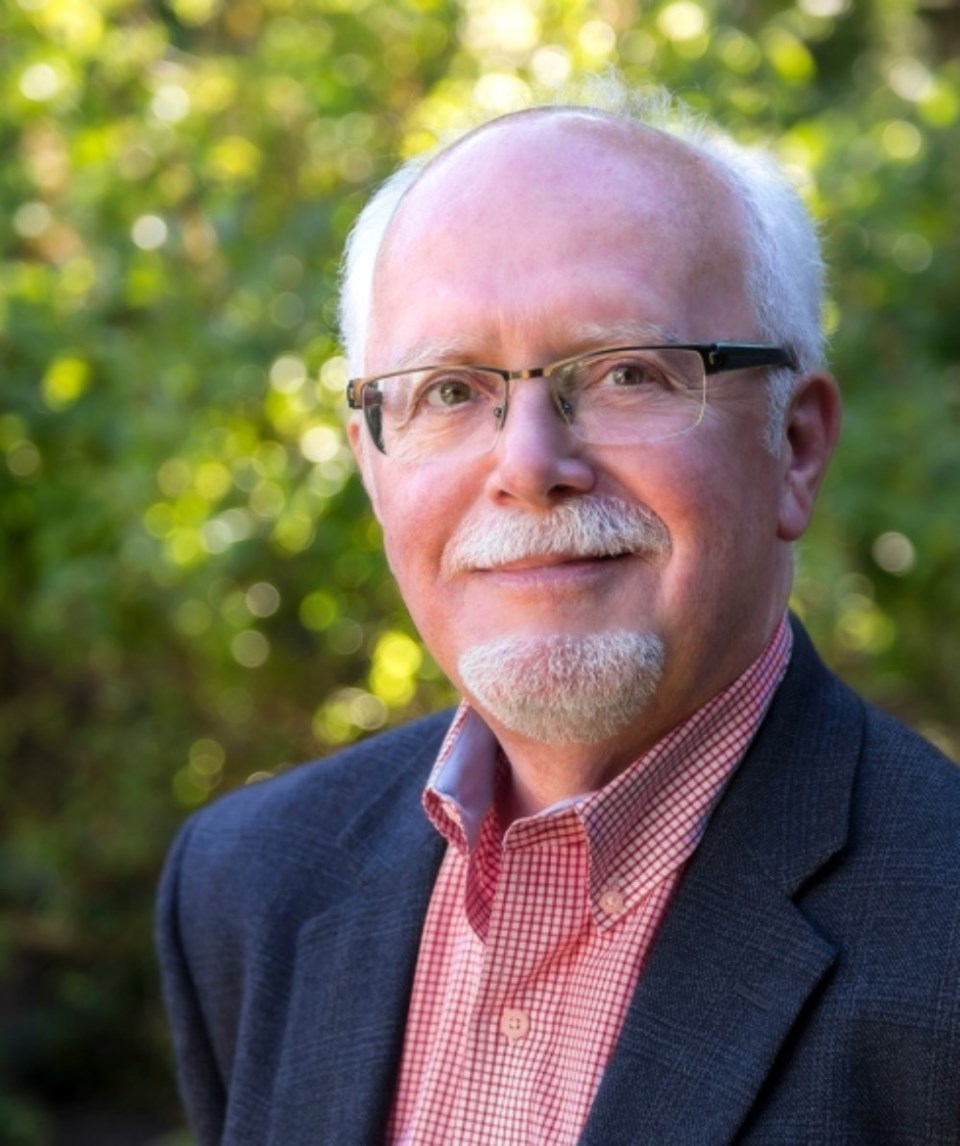I’ve long believed that a key responsibility is to support and encourage both ourselves and others. Such support does not turn a blind eye to bad behaviour; rather it seeks, through thick and thin, to positively reinforce the best selves in ourselves and others. Such support is an expression of personal agency.
But to bless others is to take things to another level. Blessing invokes beneficent forces from other realms. There is a prayer and a mantra I know that, when switched from the first to the second person, becomes a blessing: “May you be peaceful and aware, open to engage with love and power with what the world brings to your doorstep.”
The notion of everyday people blessing others first impressed itself upon me when I viewed a 30-minute talk by Dr. Rachel Naomi Remen called “Becoming a Blessing,” which is available online. “You can become a blessing,” her rabbi grandfather told her when she was a little girl. “Once we are blessed,” she says, “we are blessed forever.” Whether one, as a sojourner on Earth, accepts this lovely statement depends, among other things, on whether one subscribes to the efficacy of blessing.
“The brain isn’t the highest human function,” says Dr. Remen, a pioneer in integrative and alternative medicine. “The highest human function is shrouded in mystery. It’s the soul.” In my belief only a small part of the soul resides with us; most of it is at home in the spiritual realms. I also believe that one of the greatest opportunities of life is to discover one’s soul and to align one’s personality with it, leading to contact, ongoing centring through the potential for communication, guidance and partnering, and to deep-felt companionship.
This interpretation of the soul is a slight variation on some insightful ideas about creativity. In The Artist’s Way, Julia Cameron writes: “If you think of the universe as a vast electrical sea in which you are immersed and from which you are formed, opening to your creativity changes you from something bobbing in the sea to a more fully functioning, more conscious, more cooperative part of that ecosystem.” Author Elizabeth Gilbert adds that: “Ideas are … non-embodied spirits that want nothing more than to be made manifest…. you choose to or not to enter into collaboration with them, and to contract with them. That’s a … really holy decision to make.”
During the spring of 1940, when “it seemed as if Britain stood alone and unprotected against overwhelming forces of [Nazi] evil,” an initiative called the Silent Minute was launched. Big Ben striking 9 p.m. became the signal for “a daily moment of united prayer and silence [to] create a channel between the visible and invisible worlds through which Divine help and inspiration could be received.” After the war, a staff officer with German Intelligence commented, while under interrogation: “…you had a secret weapon for which we could find no counter-measure and which we did not understand, but it was very powerful…. you called it the ‘Silent Minute’.”
We can all broadcast through our souls into wider consciousness specific blessings for a more just and peaceful world. About two thousand years ago, the Hindu mystic Patanjali observed: “When you are inspired by some great purpose … dormant forces, faculties and talents become alive, and you discover yourself to be a greater person by far than you ever dreamt yourself to be.” Of course, that seed of light you represent is synergistic, deriving power (reciprocal agency) from the wholeness to which you are connected.
Patrick Wolfe is the author of the biographies Etty Hillesum Safeguards God: The Story of Her Spiritual Transformation during the Holocaust and A Snake on the Heart - History, Mystery, and Truth: The Entangled Journeys of a Biographer and His Nazi Subject. The latter is the dark story of a member of the Dutch SS who became a Canadian social worker and foster parent. For more on the “Silent Minute,” see “Wellesley Tudor Pole and the Big Ben Silent Minute,” available at https://patrickswolfe.com
You can read more articles on our interfaith blog, Spiritually Speaking, at https://www.timescolonist.com/blogs/spiritually-speaking
* This article was published in the print edition of the Times Colonist on Saturday, January 27th 2024



